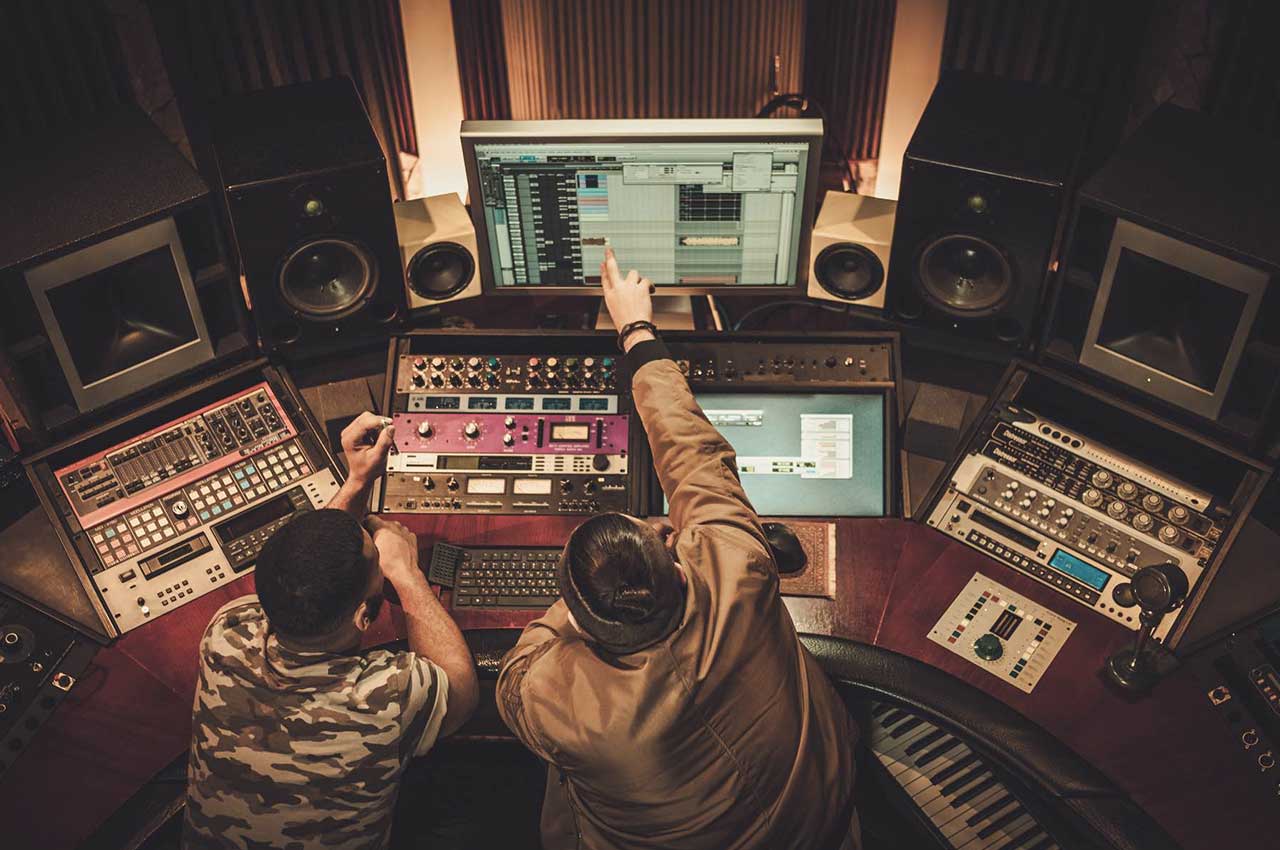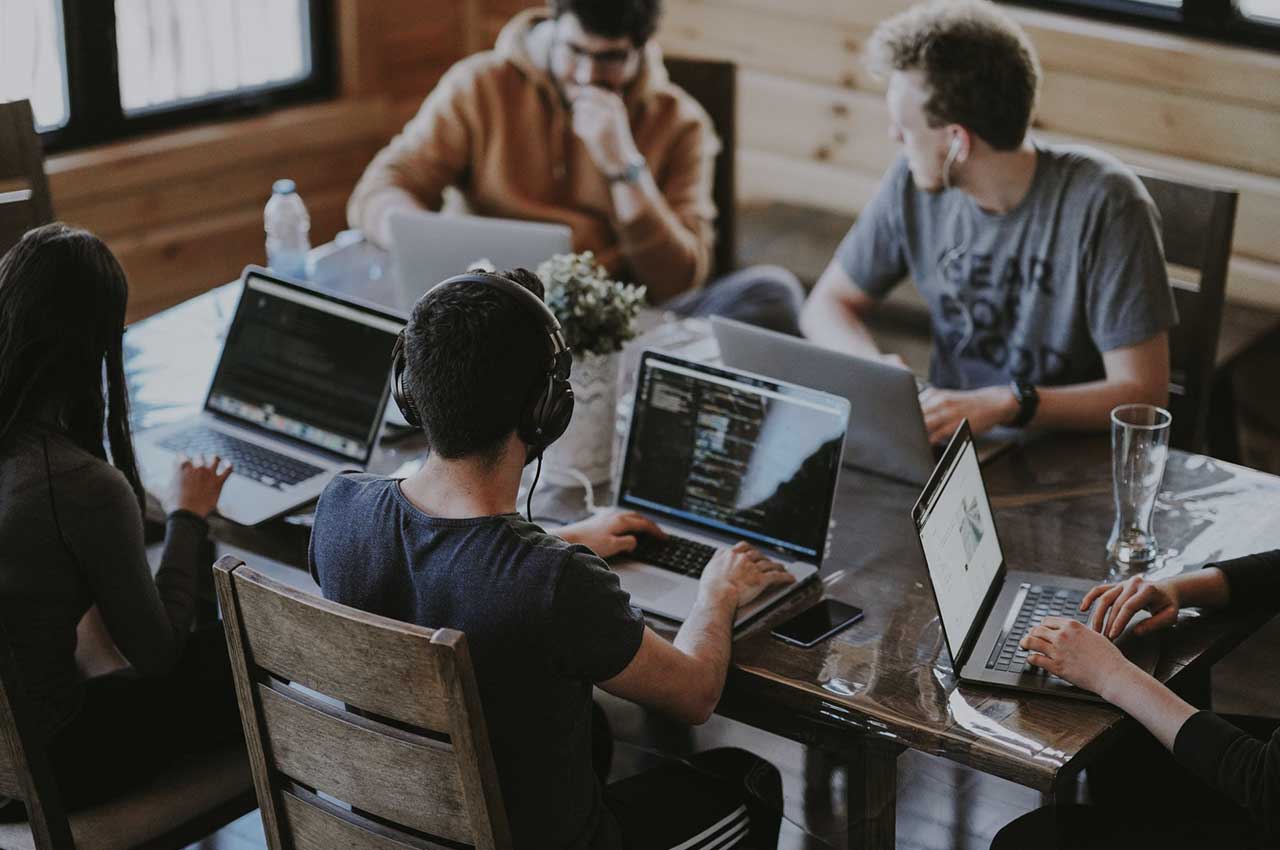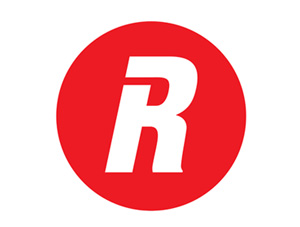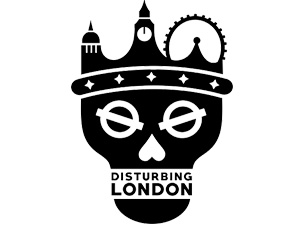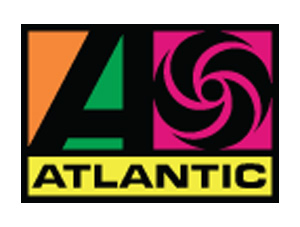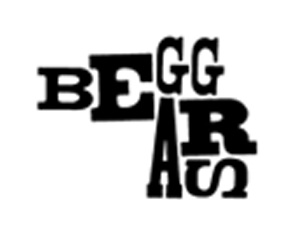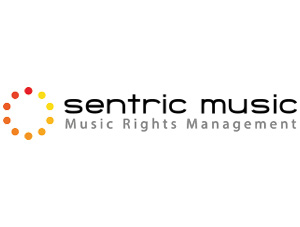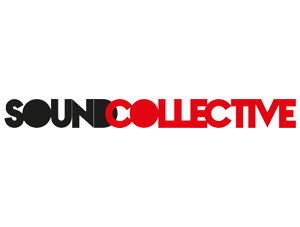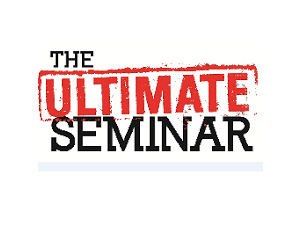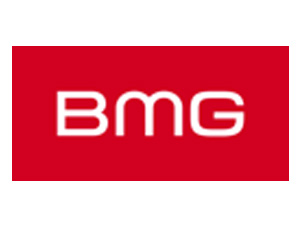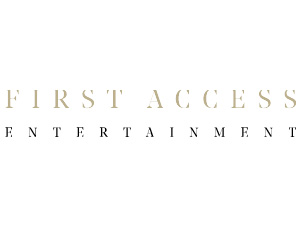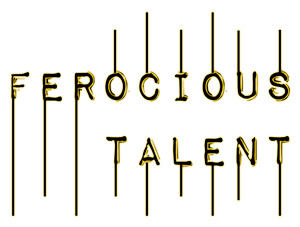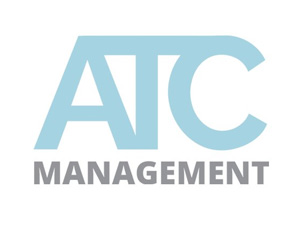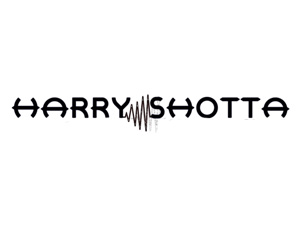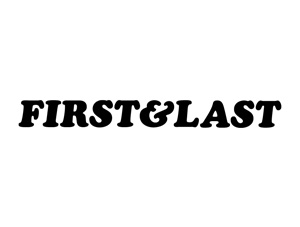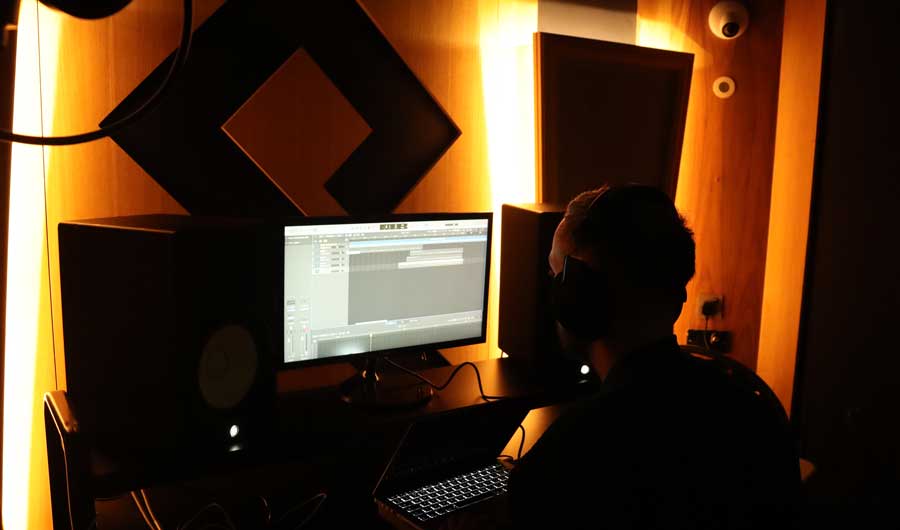COURSE SPECIFICATION and REQUIREMENTS
Length of Course: 9 months
Study Mode: Full Time
Course Start Date: September 2026
Entry Requirements: Two A-Levels at C grade/equivalent, Level 3 qualifications, or relevant music industry experience
Qualification: Beatmaking and Production, Certificate in Higher Education, Level 4
Awarding Institution: BIMM UNIVERSITY
Assessments & Credits: 6 Assessments totalling 120 credits
Fees and Funding: *£9,790, loans are available www.slc.co.uk (Student finance is available to eligible NHAM students for our Level Four Courses. Available Tuition Fee Loans cover the full course fee. Maintenance Loans are also available to eligible students to assist with living costs for the duration of the course).
*This fee applies to the 2026 academic year only and may be subject to change.
Applications: Directly to Notting Hill Academy of Music
Beatmaking & Production
(CERT HE)
The curriculum covers a full range of current industry areas and themes that give you a broad contextual understanding of the modern music industry. You will be using the industry-standard software to create and build your portfolio of music and you will gain the business skills to develop your career. Beginning with an introduction to the cultural contexts from which digital music creation emerged, you will then develop your music creation skills using industry-standard software to create your own music and to collaborate with and create music for others. Practically the course covers: melody, chords, song structure, sampling, recreating sounds, bass lines, drum sound (patterns, programming, and arrangements), mixing beats, remixes, MIDI, sound design, sequencing, recording, production and mastering all from fully equipped Mac Laptop DAW set ups.
The Certificate in Higher Education, Level 4 in Beatmaking and Production offers you the opportunity to study the art of creating and producing music from the heart of the music industry.
The programme is a blend of music industry knowledge and the development of professional Beatmaking and digital production skills. You will be taught by working industry experts and informed by a range of dynamic music business experiences at labels, in studios and with music executives and artists. The curriculum covers a full range of current industry issues and themes that give you a broad contextual understanding of the modern music industry. You will be using the industry-standard software to create and build your portfolio of music and you will gain the business skills to develop your career.
Beginning with an introduction to the cultural contexts from which digital music creation emerged, you will then develop your music creation skills using industry-standard software to create your own music and to collaborate with and create music for others. Practically the course covers: melody, chords, song structure, sampling, recreating sounds, basslines, drum sound (patterns, programming, and arrangements), mixing beats, remixes, MIDI, sound design, sequencing, recording, production and mastering all from fully equipped Mac Laptop DAW set ups.
You will be taught by both academics and specialist industry practitioners directly at the heart of the industry. All your lecturers are working industry professionals and will teach the specialist subject relevant to their own career. Your assignments have been developed to reflect the real world of creating music and working within the industry, ensuring that you develop the skills you’ll need to succeed in the professional world. Notting Hill Academy of Music will give you an immersive music industry experience and get your music exposure in the right circles. Central to the ethos of this programme is to get you ready for industry by giving you access to it from the start.
Navigating The Music Industry
From sheet music to streaming. How did the music industry landscape you see today emerge and what is the history of the songwriters/producers and artists you admire? This module will give you the knowledge and understanding of the modern music industry by helping you understand its past and also the evolution of its current structure. This will help contextualise your learning and also understand your place within the industry as a creator, artist, songwriter and entrepreneur. It will also get you to think about the various ways in which your knowledge of these key areas of the music business will intersect with your career.
An indicative programme will comprise:
1. The early music industry: the roots of A&R, and the history of songwriting.
2. The Digital Revolution: Napster, iTunes, Spotify and the rise of the DAW and DIY artists.
3. Music publishing – The majors and Disrupters
4. The Record Label – the Majors & Indies, label services and DIY
5. The Live industry.
6. Discovery & Development – getting signed and career opportunities
7. The Role of the Manager & Agent.
8. Going social: Direct to Fan & Fan to Fan. Sustaining your own career.
9. Marketing and Promotion.
10. The future of the industry: trends, data and analysis.
BEAT CULTURE
The history and evolution of popular music is rich, multicultural and comparatively new. Bound in the technology that creates it, music is a complex interplay between the artist, writer, instrument, technology, and producer. As new genres are brought to the forefront of popular music so are the technologies that inform them. Many are the result of the artist either using, or collaborating with those who do, new technology – often in ways it was not necessarily designed for. From early synthesisers and turntablism in the late 70s, samplers, sequencers, drums machines and MIDI in the 80s, to the rise EDM, Hip Hop and related genres from the 80s onwards, this module will help you understand how the music you hear today has been developed how it continues to evolve and be influenced by global trends. The module will focus on subcultures, style and genre, the history of music technology and also explore global dance music sounds and styles. An indicative lecture programme relating to this module will comprise:
- A brief history of the evolution of contemporary popular music.
- A brief history of technological innovation
- Cultures and subculture
- The study of styles and genres
- Domestic and International music trends
- Commercialism and alternative forms
- The digital creator: machine as composer
- The Producer/DJ as creative composer
- Integrating critical perspectives
- Equality and diversity in the music industries
THE DIGITAL AUDIO WORKSTATION
The digital audio workstation, in industry terms, is a relatively new technology, created in the late 1970s by a company called Soundstream with their Digital Editing System and coming into mainstream professional music industry use from around the mid-1990s when Digidesign’s Pro Tools and Steinberg’s Cubase were released. In their early incarnation, they were developed to digitally emulate what could be done in the studio, but as the technology and its use grew, artists, producers, labels and songwriters began to realise the creative possibilities of digital audio workstations. The market for plug-ins, and audio synthesis tools grew and the sounds that could be created increased. Unlike the traditional recording studio or a musical instrument, the DAW is portable, and the developments in broadband and cloud-based technologies means storing and sharing files is almost instant, and very easy. The DAW is an instrument, a studio and a producer on your laptop.
A game changer for all musicians and producers alike, the DAW has allowed musicians and engineers of all abilities to develop the software and its possibilities not only technically but also creatively. Industry-standard music can be created using just your laptop and in this module, we’re going to do exactly that. In this first practical module, you will focus on simply familiarising yourself with Logic Pro to create a range of different sounds as examples to illustrate the audio production and compositional beat-making principles that are presented. These techniques and skills will be developed further in Term 2, when you will start practically using the Digital Audio Workstation in more technical and creative detail. An indicative lecture programme for this module will include:
- The history of the DAW.
- Key technical features: DAW as an analogue studio.
- Core functions of the traditional studio.
- Key creative features: DAW as instrument.
- Set-up and signal flow.
- Creating projects and tracks.
- Basic functionality in the DAW, getting started.
- Adding recordings and other sound files to the mix.
- Sound design and synthesis functionality in a DAW
- Introduction to plug-ins and VSTs
- Introduction to signal processing and FX.
- Exporting, sharing and collaborating.
BUILD THE BEAT
This module is intended to give you a grounding in the essential terminology, principles, skills and techniques in using Logic Pro that will allow you to start building tracks using professional DAW skills from the ground up. In this module, you will develop the initial production principles and your understanding of the DAW functionality from BMP412 into more practical skills and music creation. This module is also studied alongside BMP414: Record/Mix/Master, allowing you to put music creation and composition together with audio production techniques.
The DAW can be used as an instrument, to construct and layer different beats, basslines and melodies. In building the beat, you’ll understand how to create and manipulate each of these musical layers. Alongside these technical skills, we’ll explore and deconstruct some seminal hit songs (from the past as well as the present) to show you how professionals have used the DAW creatively and musically before to define generations and push the boundaries of creative technology. An indicative lecture programme might include:
- Deconstructing hit songs.
- Beats in-the-box.
- Manipulating regions: Cutting, looping, copying, reversing.
- MIDI basics.
- Building MIDI beats.
- Instruments and Sounds.
- Synth basics.
- Building synth beats (eg Drum Synth, Ultrabeat).
- Making beats, basslines and backing tracks.
- Integrating samples.
- Signal flow and set-up to record into the box.
- Putting it all together.
RECORD MIX MASTER
Studied alongside BMP413, Record/Mix/Master will get you thinking about how to apply music production skills to the tracks you create for yourself and others. In BMP413 you are creating your own music, in this module, you’ll be applying your skills to projects that have been created by others, and/or in collaboration with others. Being a producer/artist isn’t just about making your own music, it’s about using your skills and creativity to influence others too. It’s also an excellent way to diversify your income and grow your audience! In this module you’ll develop your DAW skills further, but also your project planning, collaboration, influence, communication and leadership skills. You will learn to adjust your creative vision to support the creative vision of those you are working with too, and showcase your skills in making the work of another songwriter or artist industry-ready and commercially viable. An indicative programme of lectures might include:
- Starting a project: inspiration and planning.
- Signal flow and recording (MIDI and Audio).
- Creating and editing multiple tracks.
- hoosing instruments and layering tracks.
- Structure and balance.
- Mix techniques.
- Arranging and automating the track.
- Creative EQ/Dynamics and FX.
- Creating and exporting the final mix.
- Introduction to mastering.
- Remixing techniques (extended and creative edits, versioning, introducing samples)
- Manipulating parts and stems and collaborating with others.
PRODUCING THE SONG
You may know the audio production and engineering techniques to create, record, mix and master a track, but releasing a final creative work needs the effort and vision of the producer. An understanding of song structure and the way in which the musical and technical elements of the track can combine will elevate your track beyond the home producer’s efforts. If you want to monetise your skills, you need to understand how to take your tracks from sound files, to release. This module will introduce you to a range that brings together the musical (composition and arrangement) with the technical audio techniques (dynamics, EQ and FX in the final mix and mastering) you studied in BMP414. The role of the producer/artist/collaborator is to see the whole project from a range of perspectives, including the commercial.
- The role of the producer/artist.
- Song structure and arrangement.
- Melody, riff and hook.
- Harmonic structure, bassline and cohesion.
- Defining styles: Making Disco/Techno/House/Trance.
- Defining styles: Making Hip Hop, Sampling, Turntablism & Rap.
- Defining styles: Making UK Urban Beats.
- Defining styles: Making commercial R&B, Pop.
- The overall sound – matching technique to genre.
- Your music’s journey, from studio to release.
- Pitching to the professionals, positioning yourself and your career.
- Commercial contexts and diversifying your skills.

